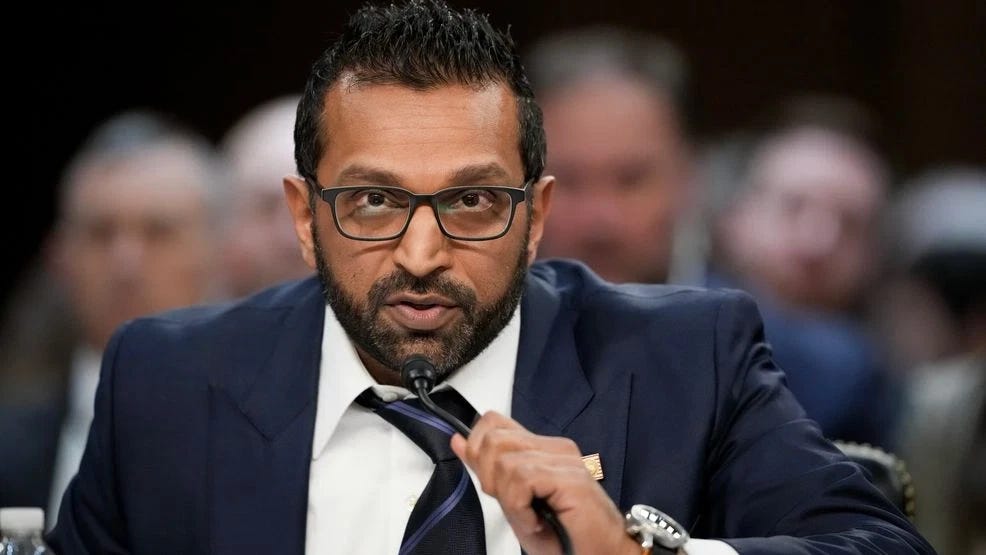Joe Rogan’s Podcast with Kash Patel: A Deep Dive into Fentanyl, Epstein, and Public Reaction
On June 6, 2025, Joe Rogan welcomed FBI Director Kash Patel to The Joe Rogan Experience, delivering an episode that sparked intense discussion across the nation. With Patel at the helm of the FBI since February 2025, the conversation tackled two of America’s most pressing and controversial issues: the fentanyl crisis and the unresolved Jeffrey Epstein case.
The Podcast Episode: Context and Key Themes
The episode unfolded against a backdrop of heightened scrutiny of the FBI, compounded by a public feud between President Donald Trump and Elon Musk. Patel, a polarizing figure known for his bold promises of reform, used the platform to address public concerns about drug-related deaths and one of the most infamous criminal cases in modern history. Rogan, ever the skeptic, challenged Patel’s assertions, creating a dynamic exchange that oscillated between agreement and contention.
Fentanyl: A Crisis Framed as a National Security Threat
Patel devoted significant airtime to the fentanyl crisis, painting it as a deliberate assault on the United States. He accused the Chinese Communist Party (CCP) of supplying the precursors for fentanyl production, suggesting a geopolitical strategy to weaken America by targeting its youth—particularly military-aged men. Patel cited alarming figures, claiming over 100,000 overdose deaths in 2024 alone, a statistic that underscores the epidemic’s devastating toll.
“This isn’t just a drug problem—it’s a weapon aimed at the heart of our society,” Patel asserted, emphasizing the need for international cooperation to dismantle supply chains and prosecute those responsible.
His rhetoric was unapologetically tough, advocating for aggressive law enforcement measures to combat what he described as a foreign-orchestrated attack. Posts on X, such as one from @Cannabisjoe4201, mirrored this sentiment, with users decrying the CCP’s alleged role in flooding the U.S. with deadly substances. However, Patel’s focus on external threats sidestepped domestic contributors, such as the pharmaceutical industry’s historical role in the opioid epidemic or the need for robust public health interventions—a gap that critics quickly seized upon.
Keep reading with a 7-day free trial
Subscribe to Lawfare to keep reading this post and get 7 days of free access to the full post archives.




